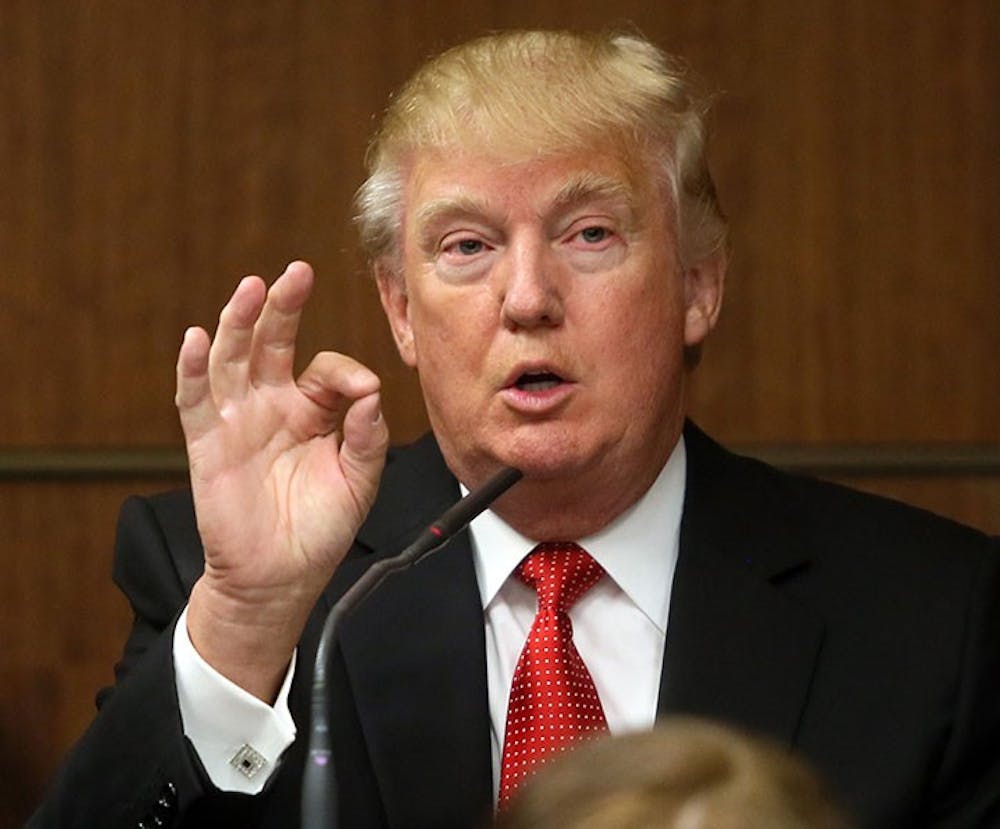Coming off second-place finishes in the Iowa caucuses, businessman Donald Trump and Vermont Sen. Bernie Sanders have been declared the victors of the 2016 New Hampshire Republican and Democratic primaries. Former Ohio Gov. John Kasich managed a second place finish on the Republican side.
Trump was expected to win easily in the nation's first primary, as he held a solid 17.2 percent lead in polling conducted just days before the contest. The real contest for Republicans was who would walk away with second place out of a bottleneck between Kasich, Sen. Marco Rubio, Sen. Ted Cruz and former Gov. Jeb Bush. Rubio led Kasich by just 0.5 percent in the last polls conducted, at 14 percent compared to Kasich's 13.5 percent. Cruz and Bush were close behind at 11.8 percent and 11.5 percent respectively.
Trump received 10 delegates, putting him in the lead on the Republican side with 17 delegates total. It takes 1,237 delegates to win the GOP nomination.
For Democrats, Sanders' Granite State victory also did not come as a surprise. He held a 13.3 percent lead over former Secretary of State Hillary Clinton in the final polling, in large part because New Hampshire was a sweet spot demographically for Sanders. Sanders' base is made up predominantly of white voters, who make up 96 percent of New Hampshire's population, while much of Clinton's support stems from her longstanding ties with minority communities, who are less represented in the New Hampshire electorate.
Sanders also had the advantage of being the longtime senator from the neighboring state of Vermont, giving him increased name recognition amongst voters.
The win provides Sanders with an influx of new delegates, but Clinton still maintains a major lead in the delegate count. This is due to her strength in superdelegates, who are leaders within the Democratic party free to support any candidate of their choosing for the nomination. 2,382 is the magic number on the Democratic side to win the nomination.
Looking ahead to the next contests on each side, the Republicans will prepare for a similar situation as New Hampshire in South Carolina. Trump also maintains a sizeable lead in the Palmetto State with 36 percent while Cruz is fairly secure in second, and Rubio and Bush are again locked in a tight race for third along with retired neurosurgeon Ben Carson.
Democrats will first head out west for the Nevada caucuses before going back east for the South Carolina primaries. Nevada is notoriously hard to predict due a lack of high-quality polling in the state, but Clinton won the state in 2008 against then Sen. Barack Obama and is thought to have a slight advantage with the state's large Latino population. In South Carolina, she leads Sanders by 29.5 percent.

